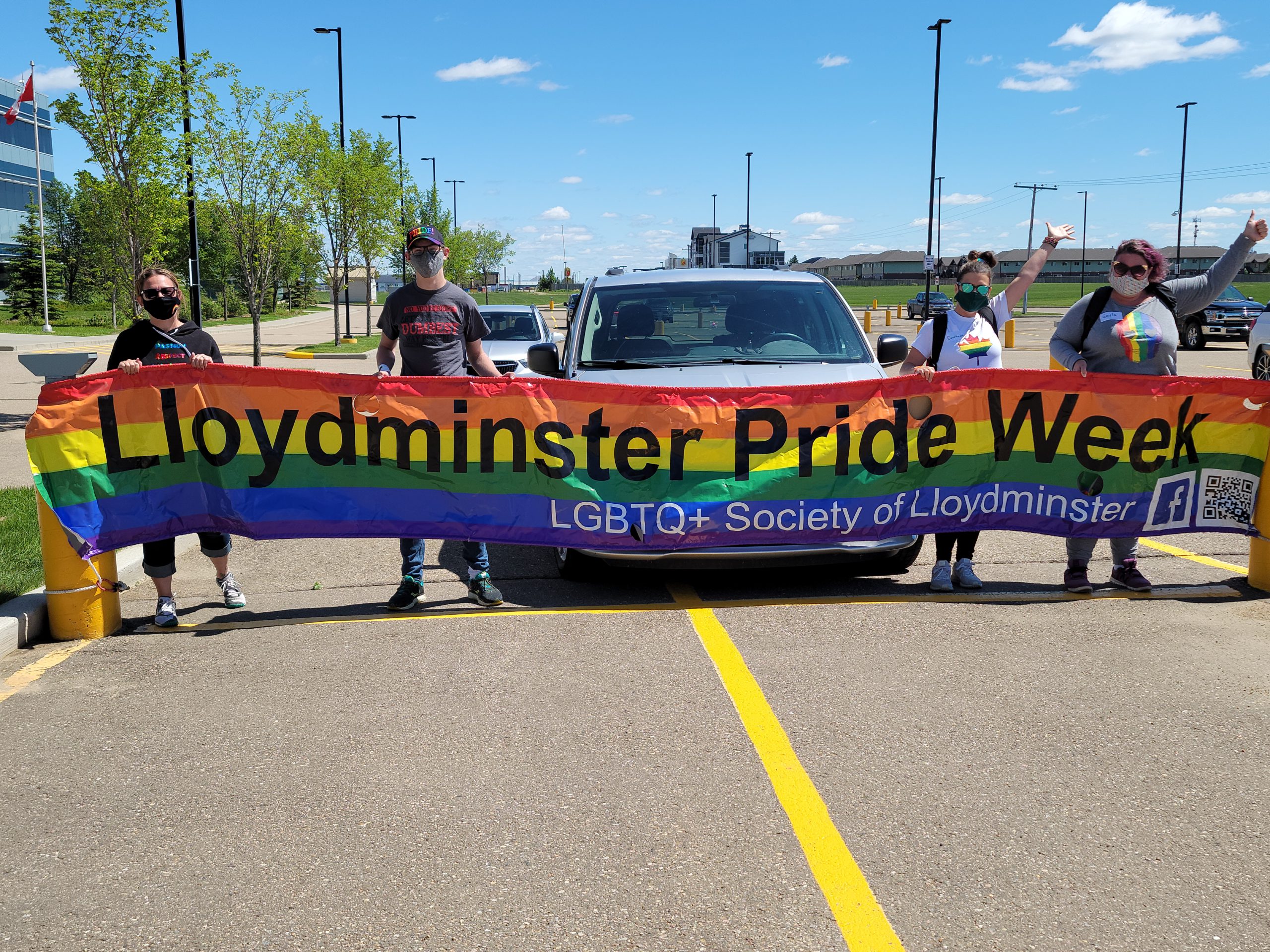With the new law in Saskatchewan mandating that children under 16 require parental consent to change their legal name and pronouns, officials with the Saskatchewan Teachers’ Federation believe issues now arise when it comes to support for children this directly impacts.
The law was passed on Oct. 20. after it was first proposed as education policy in August. It was challenged in the courts, with an injunction being given and another hearing scheduled for November. However, the Scott Moe government used the Notwithstanding clause, after which a vote was held to turn the proposed policy into law.
MLA for Lloydminster, Colleen Young favours the parents’ right to be informed if their under-16 child wants to change their name and pronouns at school. She sees the value in the available school supports especially where that child lives with their parents, but faces the ongoing backlash for wanting to be who they are.
“If there are some instances where the child believes that they may be at risk in some way, just due to their family dynamics, then that’s up to the schools. The schools need to find outside supports that may be able to be involved,” says Young.
However, the Saskatchewan Teachers’ Federation has pointed to data from the Ministry of Education sector staffing profile for the school years 2017-2022, indicating there has been about a 16 per cent drop in teacher-counsellors and a five per cent decrease in school counsellors.
Some Lloydminster parents have found that unless their child is in crisis, it takes a month to see a school counsellor for a 15-minute session. Stacey Klisowsky, LPSD Superintendent of Education says, “Our student services team works with students and their guardians to provide support to meet students’ needs. Our team is available to help students navigate a variety of conversations and works to provide a safe environment for students, staff and families.”
Samantha Becotte, president of the teachers’ union says they are disappointed that there has been no consultation on the development of the policy and the legislation. She says she supports parents involvement, but stresses that the classroom must be a welcoming a safe space where students can be comfortable to have those conversations at home.
When it comes to the availability of supports for someone under-16 who faces hell at home because they wish to change their name and pronouns, Becotte says the school counselors are “already beyond what their capacity should be.”
“I was talking to counsellors last year who were saying that their caseload was above 200 students. Those are the students we need to be seeing on a regular basis, which just means for the most part, many of our counsellors are just working triage – going from one crisis to another. And so to say that students are going to be wrapped in support is again creating a false reality or misleading the public about the supports that exist in our schools.”
Becotte sees the challenge deepening since teachers are the frontline mental health first-aiders and they are already tasked with large class sizes and “other complex needs in schools.” She notes that the union is presently in negotiation with the government for a new agreement and they are stalled on most of the 10 issues that they have proposed.


